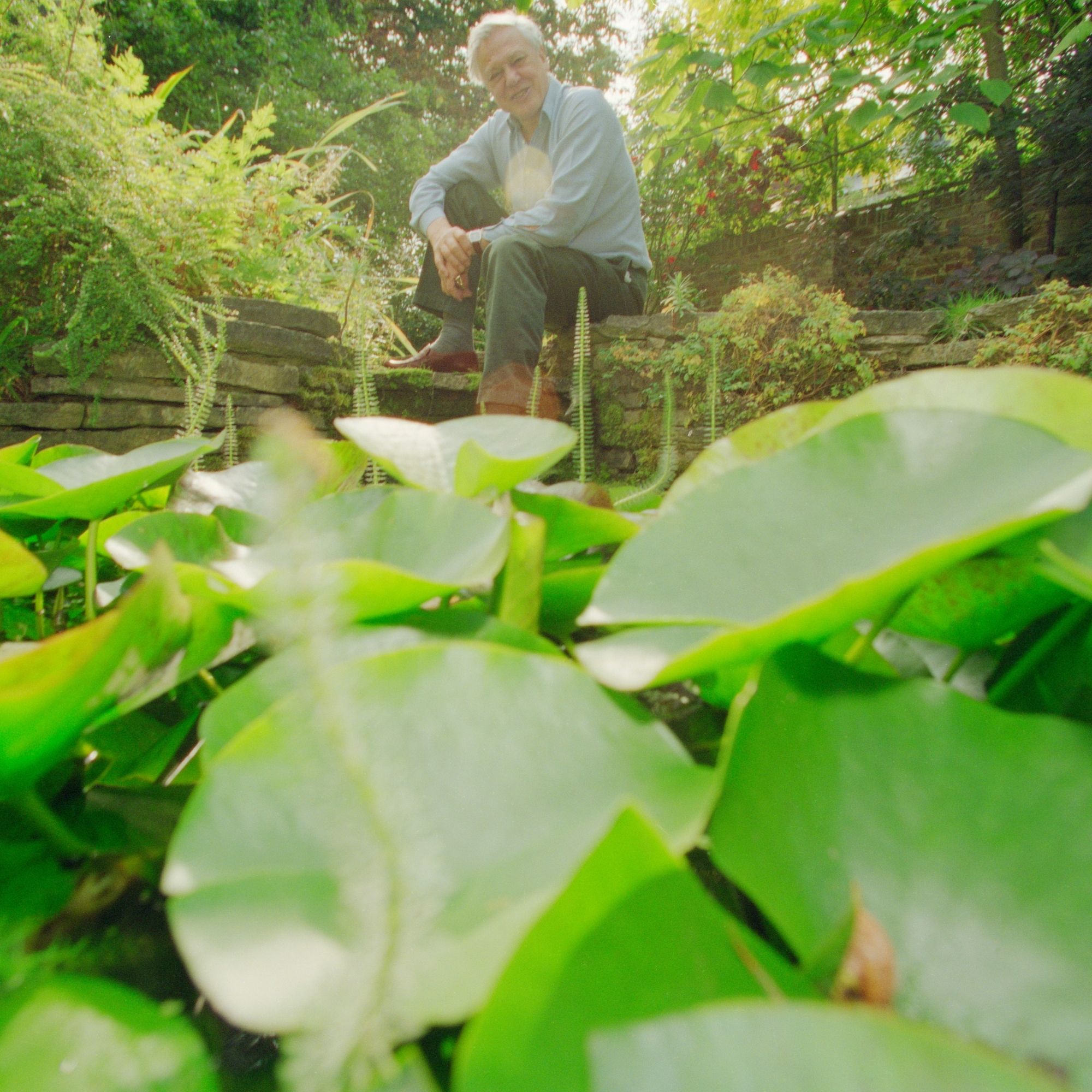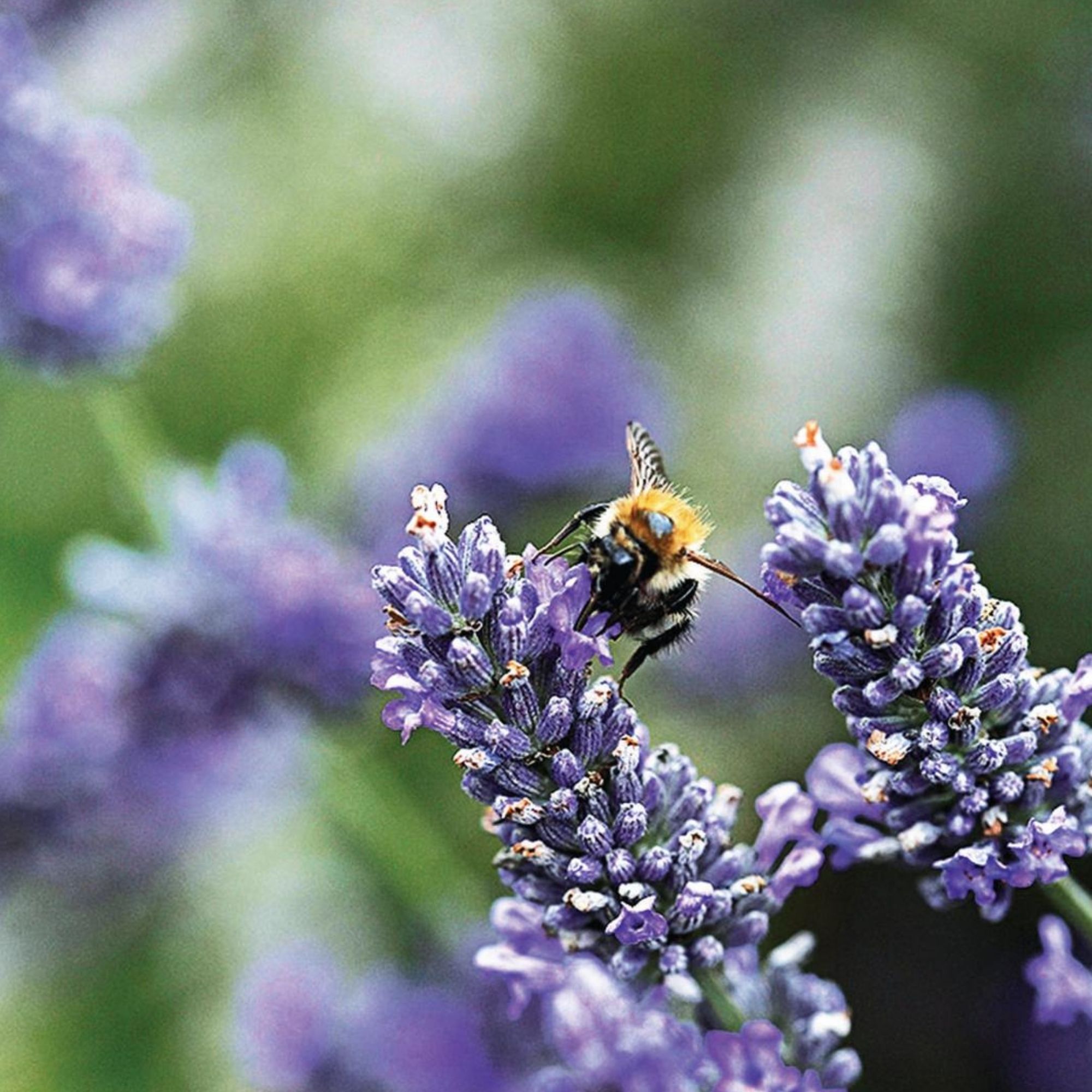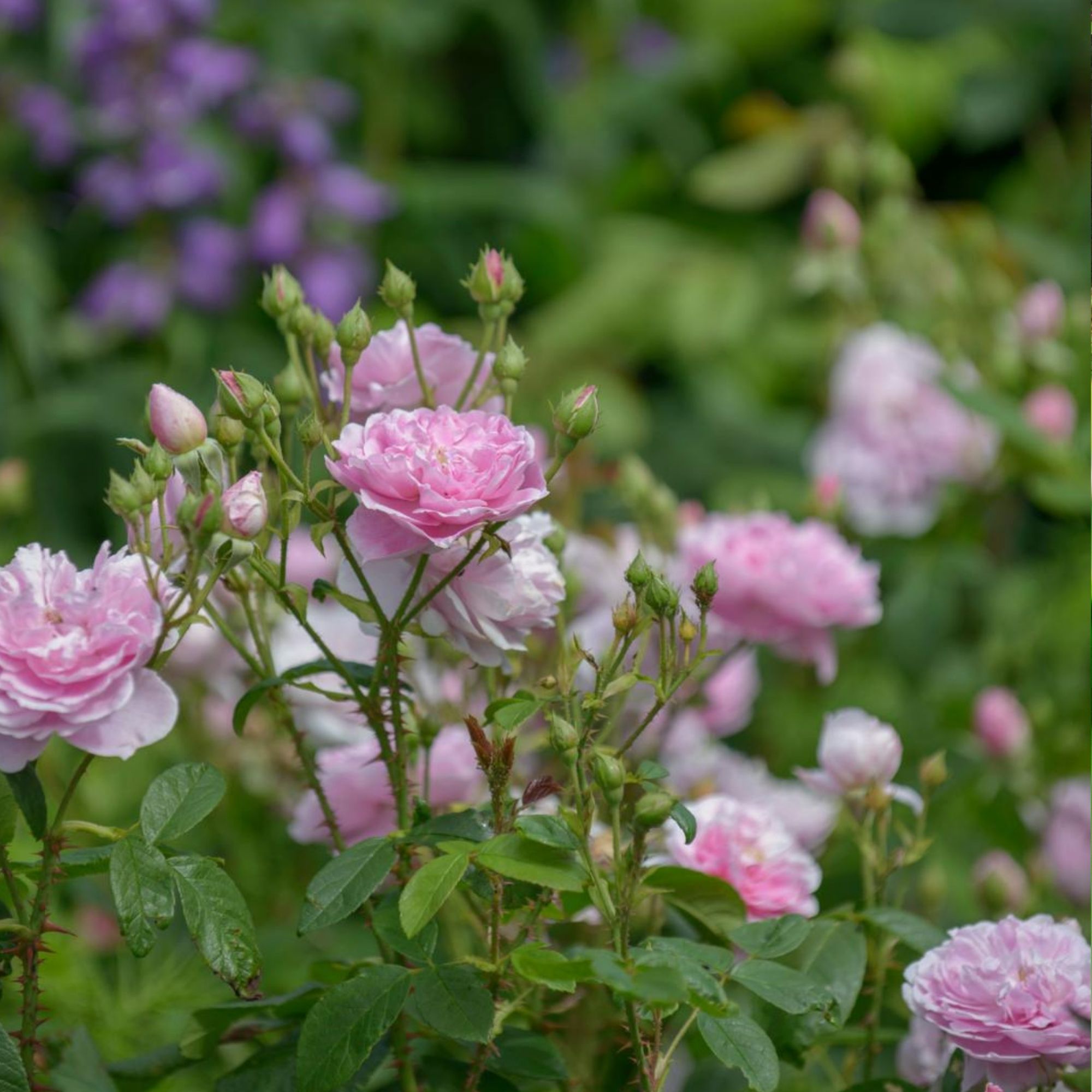
Sir David Attenborough is a national treasure, so when he says jump, we get bouncing – and when he shares his tried-and-tested garden advice, we sit up and pay attention.
Even when... well, even when his garden ideas are a little bit out there. Like, say, his recent suggestion that we leave a spoonful of sugar in our backyard during hot weather.
Don't worry, though: our beloved broadcaster has a very sage reason behind it.
Sir David Attenborough and a spoonful of sugar
It seems Mary Poppins was quite wrong: a spoonful of sugar can do so much more than make the medicine go down.
In fact, Sir David Attenborough says it could go a long way to helping one of the most important residents in all of our gardens, too.

A staunch supporter of the humble bee, Sir David Attenborough has said that we need to do more to create a bee-friendly environment for our pollinating pals – especially when it's hot out.
'This time of year bees can often look like they are dying or dead, however, they’re far from it,' he says, as per Country Living.
'Bees can become tired and they simply don’t have enough energy to return to the hive, which can often result in being swept away.'
How to help bees in hot weather
According to Sir David Attenborough, a spoonful of sugar is the best way to revive an exhausted bee.
'If you find a tired bee in your home, a simple solution of sugar and water will help,' he says. 'Simply mix two tablespoons of white, granulated sugar with one tablespoon of water, and place on a spoon for the bee to reach.'
It's a method that is favoured by the Bumblebee Conversation Trust (BCT), who says that this mixture will 'give the bumblebee a one-off energy boost, providing the carbohydrates it needs to fly.'

The BCT adds, though, that 'the best way to help bumblebees and other pollinating insects is to grow plenty of bee-friendly flowers' – so, yes, it's worth digging out your list of bee garden ideas, stat.
We recommend partaking in a spot of meadowscaping, for example, as all of those nectar-rich flowers will attract pollinators like buzzing bees and colourful butterflies. And swapping traditional pest control methods for companion planting, too, is another great way to protect our stripy pals.
After all, Sir David Attenborough has said time and time again that bees are responsible for 'one out of every three bites of food we eat'. So a spoonful of sugar (and a few wildflower seeds) doesn't seem all that much to ask, does it?







